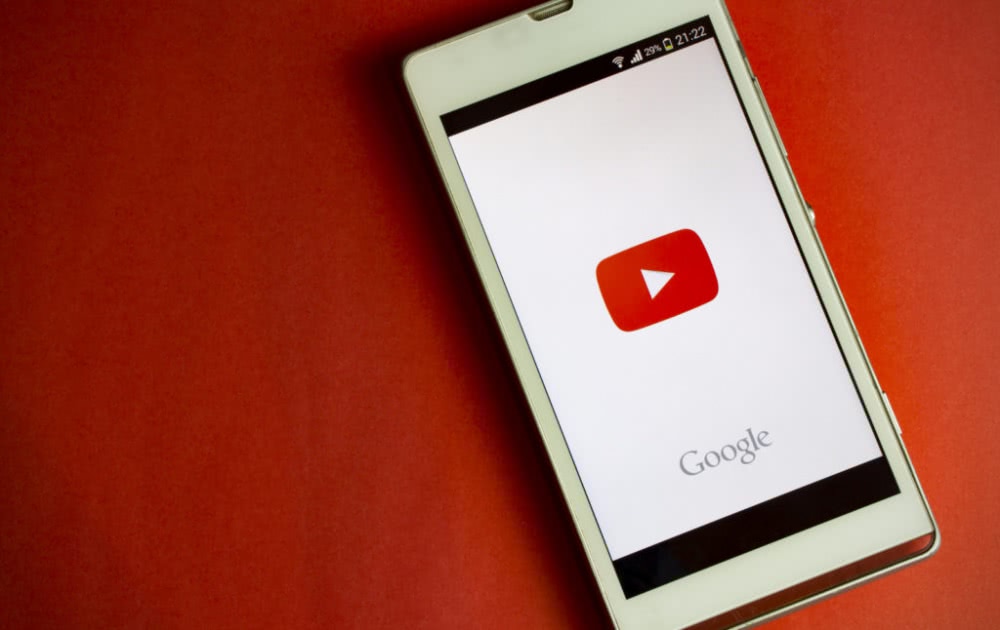European Copyright Directive: questions remain after ‘landmark’ reforms approved

Creators, careful what you wish for.
With the European Copyright directive approved earlier this week, clearing a path for “fairer remuneration” for creatives and provoking scorn from tech companies, artists and their advocates have been warned to not get carried away with the result.
After a long and, at times, bruising debate, the European Parliament on Tuesday approved copyright reform in what the music industry called a “landmark” vote.
The updated Copyright Directive contains the controversial Article 13, now renamed Article 17 following various tweaks, which holds tech platforms such as YouTube liable for material posted without copyright permission. To keep everyone happy, memes and GIFs are excluded from the text.
The music and creative industries welcomed the development as a win, though these new protections could result in some unintended consequences.
As the dust settles on the years-long process, Forbes’ Bobby Owsinski points out that the new regulation could “eliminate the possibility of anything going viral,” which means cutting off those totally expected (and always welcome) ancillaries.
Of course, in 2019 viral videos can be monetized for everyone in the food chain. Under the directive, he writes, “that would become much more difficult, if not impossible, if not impossible.”
Owsinski continues, “It’s great to pass a law that gets creators paid more, but this one seems pretty toothless, at least from everything I’ve read about it so far.
“Without a definition of ‘fair remuneration,’ it seems like it’s going to take a good long time before rights holders see an increase in streaming royalties from YouTube, which is the thorn in the music industry’s royalty side.”

YouTube…changes are coming
After an earlier vote in the positive last September, 348 MEPs this week voted in favour of sweeping copyright changes, with 274 against and 36 abstained.
Impala’s executive chair Helen Smith called it a “landmark day for Europe’s creators and citizens, and a significant step towards a fairer Internet.”
PRS for Music CEO Robert Ashcroft said the changes would create a “fair and functioning market for creative works of all kinds on the Internet.”
Gadi Oron, director general of CISAC, describe it as a “hugely important achievement” that will “lead the way for countries outside the EU to follow.”
Google, which had lobbied intensively against Article 13 and Article 11, which would require the tech titan, Facebook and others to pay a license fee for quoting text when linking to news stories, wasn’t thrilled with the outcome.
“The #eucopyrightdirective is improved but will still lead to legal uncertainty and will hurt Europe’s creative and digital economies,” Google Europe tweeted.
“The details matter, and we look forward to working with policy makers, publishers, creators and rights holders as EU member states move to implement these new rules.”
With the legislation passed, all 27 EU member states will have two years to adopt the directive into national law. Whether or not the United Kingdom, traditionally ranked in the top-5 among recorded music markets, will adopt the legislation if and when it leaves the European Union, is anyone’s guess.
The next step will see member states confirm the text on the EU Statute Book, which will likely in early April.
This article originally appeared on The Industry Observer, which is now part of The Music Network.






























